“When is this going to end?” That’s the question we ask ourselves and are asked by our children every day, possibly a few times a day. There’s really no answer, but this week we have a set of interviews which can put our frustrations with self-isolation and quarantine in a new perspective. IranWire has spoken to activists around the world who share their memories of solitary confinement, prison and life in the time of coronavirus. They also don’t know when the quarantine will end – but they have experienced isolation before and they can tell us how to cope make the best of the situation.
The other day I woke up in the middle of the night in my comfortable home in North London, frustrated by the fact that I couldn’t go to the office and could not travel for the foreseeable future. “This sucks!” I thought to myself. But then as I walked from the bedroom to the bathroom I remembered a night eleven years ago, in Evin Prison in Tehran, where I spent 107 days in solitary confinement.
I had woken up in prison in the middle of the night by the sound of the guards dragging a prisoner to the interrogation room. “When is this going to end?” I asked myself. I didn’t know what was going on in the outside world. At that particular moment, I really had to go to the toilet, but I had to wait until morning prayers, just before dawn, when the guards would take us to the bathrooms so that we could wash ourselves in preparation for the prayers. We could go to the bathroom only three times a day, before the morning, noon and evening prayers. (Shia Muslims pray three times a day – unlike Sunnis who pray fives times.) We could also go to the toilet on the way to interrogation/torture room, where we were beaten and humiliated.
Eleven years later, remembering that night in Evin, I gave myself a chastising look in the bathroom mirror and went back to sleep. I slept well – knowing that I would never again complain about self-isolation. And so the next day, when my friend and colleague Marjan Greenblatt suggested that we should talk to a group of people who have experienced solitary confinement, I jumped on the idea. We got on the phones and sent emails to some friends and asked them if we could interview them and share their memories of prison and isolation with the rest of the world.
None of the people we interviewed for this series has a magic formula to deal with what we’re experiencing at this point in history. But they opened their hearts to share some of the most difficult moments of their lives – telling us how they “tried” to deal with being in a small prison cell.
“Try” is the common theme in these testimonies. We hear from these former political prisoners that just spending time and energy on trying to do something positive can be rewarding in isolation. My Chinese-American friend Yang Jianli tells us how he tried to save his sanity by creating poems in his head, memorising them and improving them. Two other friends, the Iranian activist Ahmad Batebi and the Turkish novelist Hüseyin Edemir, each talk about the importance of imagination and how just the attempt to create something can lift your spirits and make you a happier and more productive person.
This attempt to be creative is a winning formula: You win over what has forced you into isolation, whether it’s the goons who run dictatorial regimes or an invisible virus that is devouring the world. I am so lucky to know many of these individuals and to call them my friends. They are individuals who inspire us to live meaningful lives. They were all imprisoned for a simple reason: they wanted a better life for the people of their countries, and despite going through such hardship, they are still active and use every opportunity to be the voice of voiceless and to tell the world about the atrocities committed in their homelands.
Today, we meet nine incredible individuals:
1- Anwar al-Bunni, a Syrian human rights lawyer who was arrested and jailed by successive Assad regimes and was subjected to torture. He now lives in Germany.
2- Kenneth Bae, a Korean-American pastor who was arrested in 2012 and spent two years in a North Korean labor camp.
3- Ahmad Batebi, an Iranian student activist who spent almost nine years in prison after he was arrested in July 1999. He now lives in the US.
4- Evgenia Chirikova, a Russian environmental activist who was arrested and jailed several times by Putin’s security agency and the police before being forced into exile. She now lives in Estonia.
5- Mazyar Ebrahimi, an Iranian businessman who was wrongfully accused of being part of a team that assassinated Iranian nuclear scientists on behalf of Israel and was forced to confess on Iranian state television. He now lives in Germany.
6- Hüseyin Edemir, a Turkish novelist who was falsely accused of terrorism and spent several years in jail and in hiding. He now lives in Switzerland.
7- Roberto Guerra Pérez, a Cuban journalist who started a news agency to report on the human rights situation in his country. He now lives in the US.
8- Yang Jianli, a Chinese-American activist with PhDs from Harvard and Berkeley who spent five years in prison in China.
9- Shiva Nazar Ahari, an Iranian women’s activist who became an icon of Iran’s women’s rights movement and spent many months in prison. She too now lives in exile.
10- Mercedeh Ghaedi, an Iranian who was arrested in June 1982 on charges of being a member of the Iranian Communist Workers' Party. She was imprisoned until May 1990. She now resides in the United Kingdom.
We hope to interview more people from different countries who have gone through such experiences. Please give us your comments. And if you or someone you know would like to be part of the series, my email is [email protected].
visit the accountability section
In this section of Iran Wire, you can contact the officials and launch your campaign for various problems




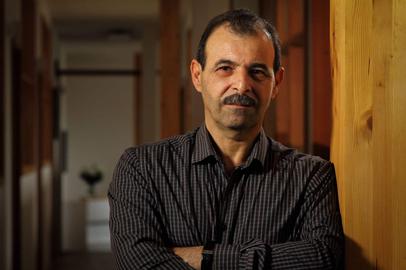
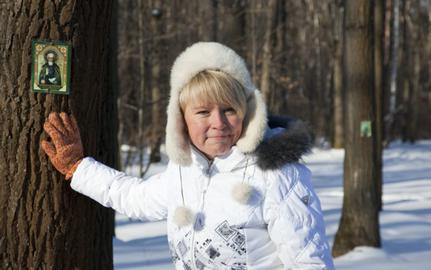
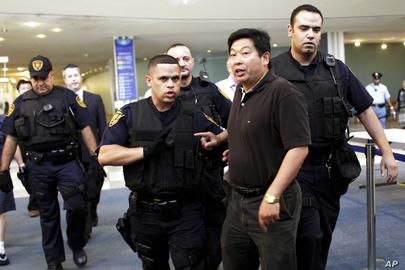
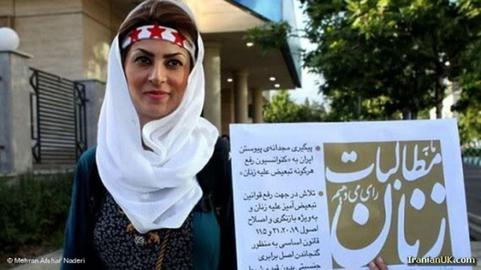
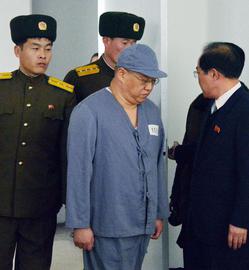
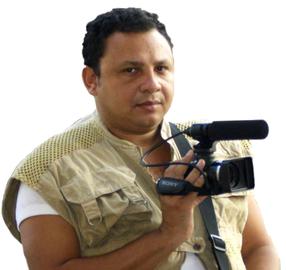

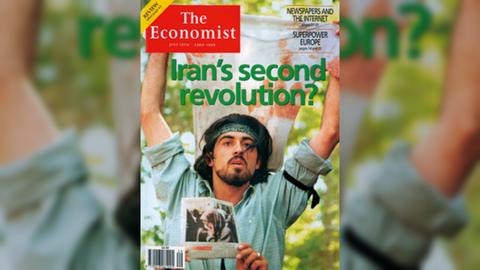
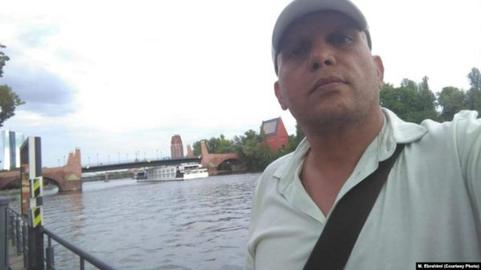
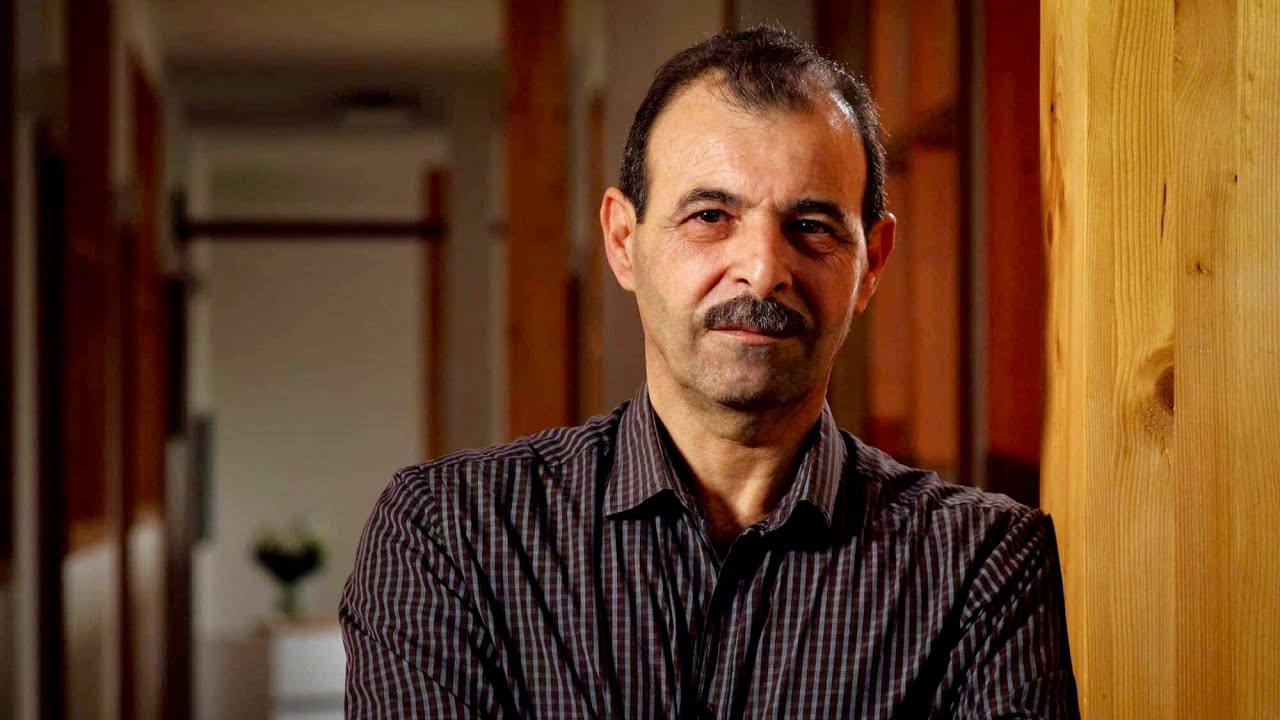
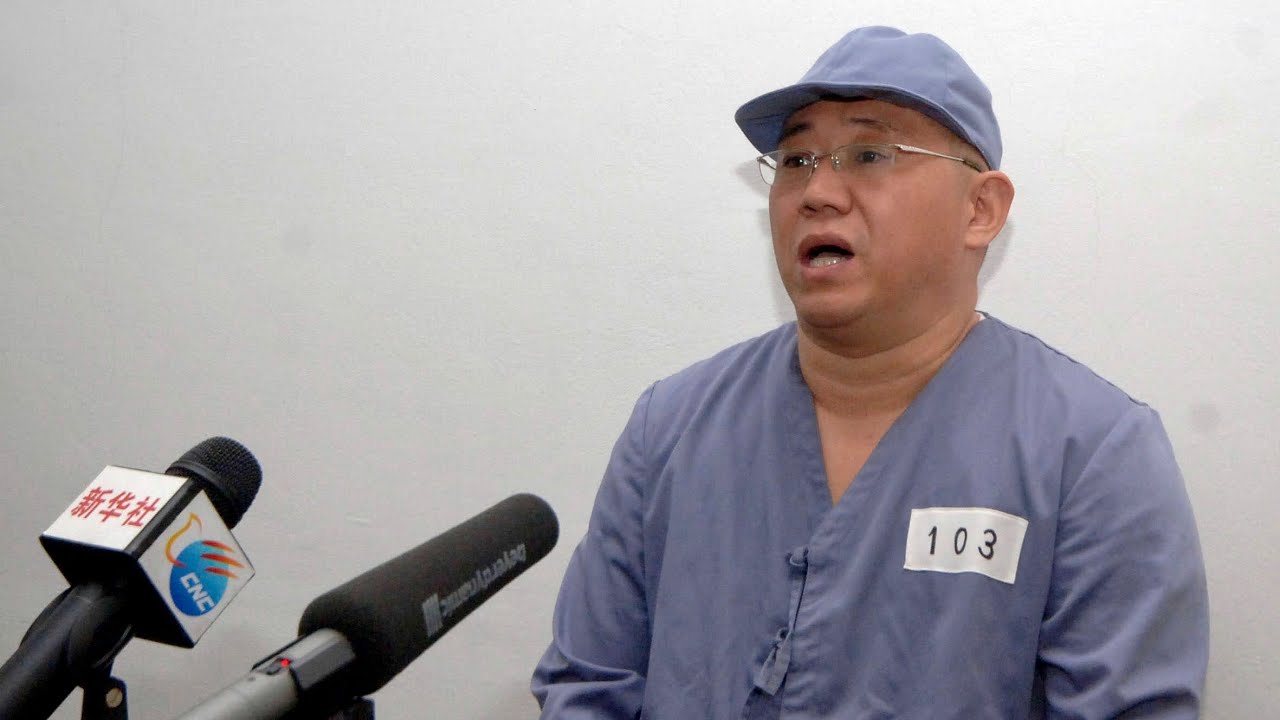
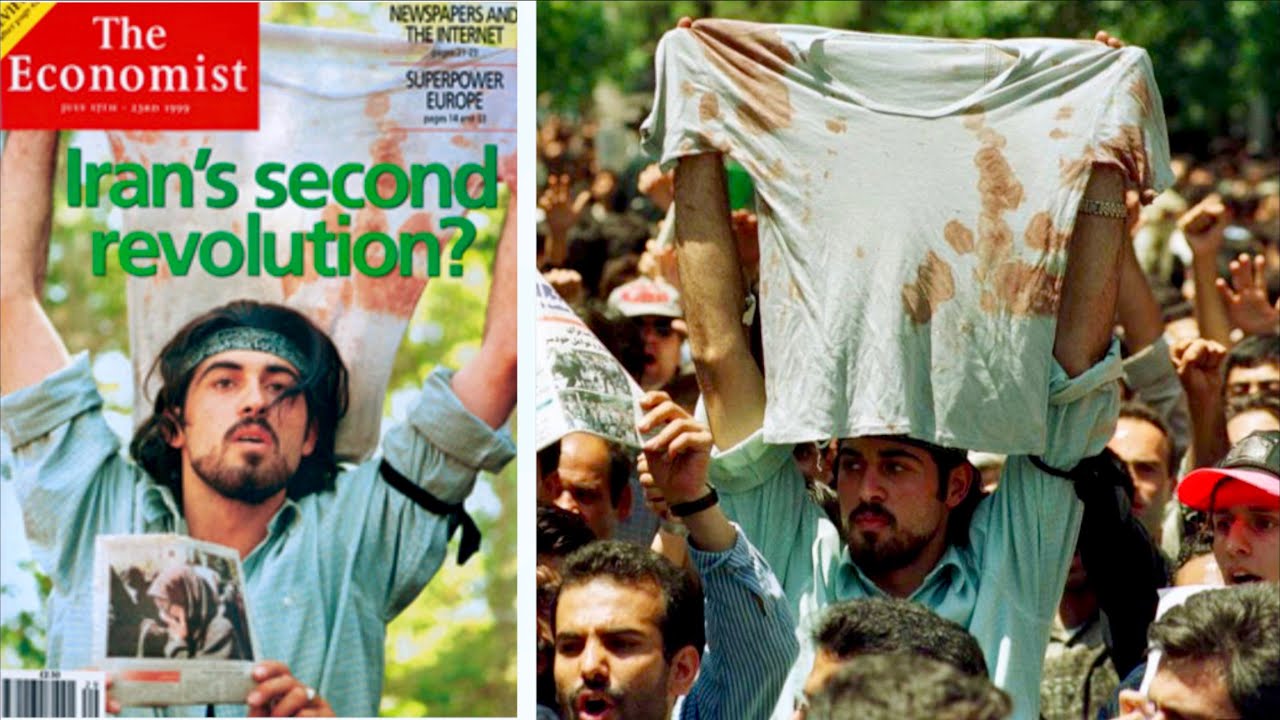
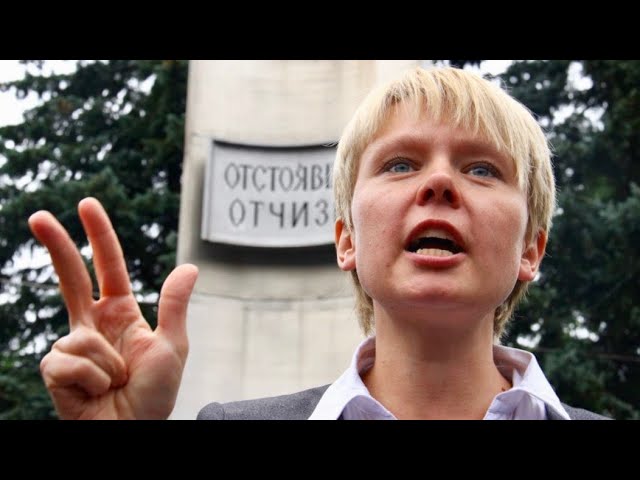

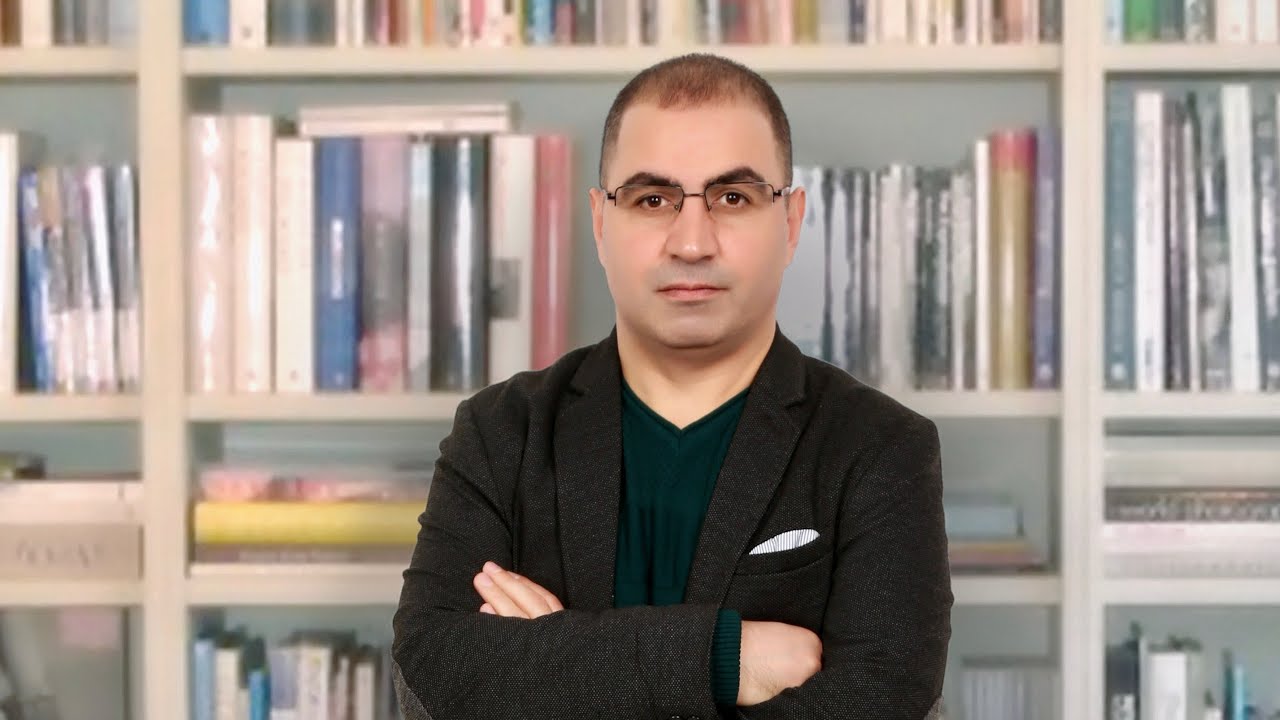
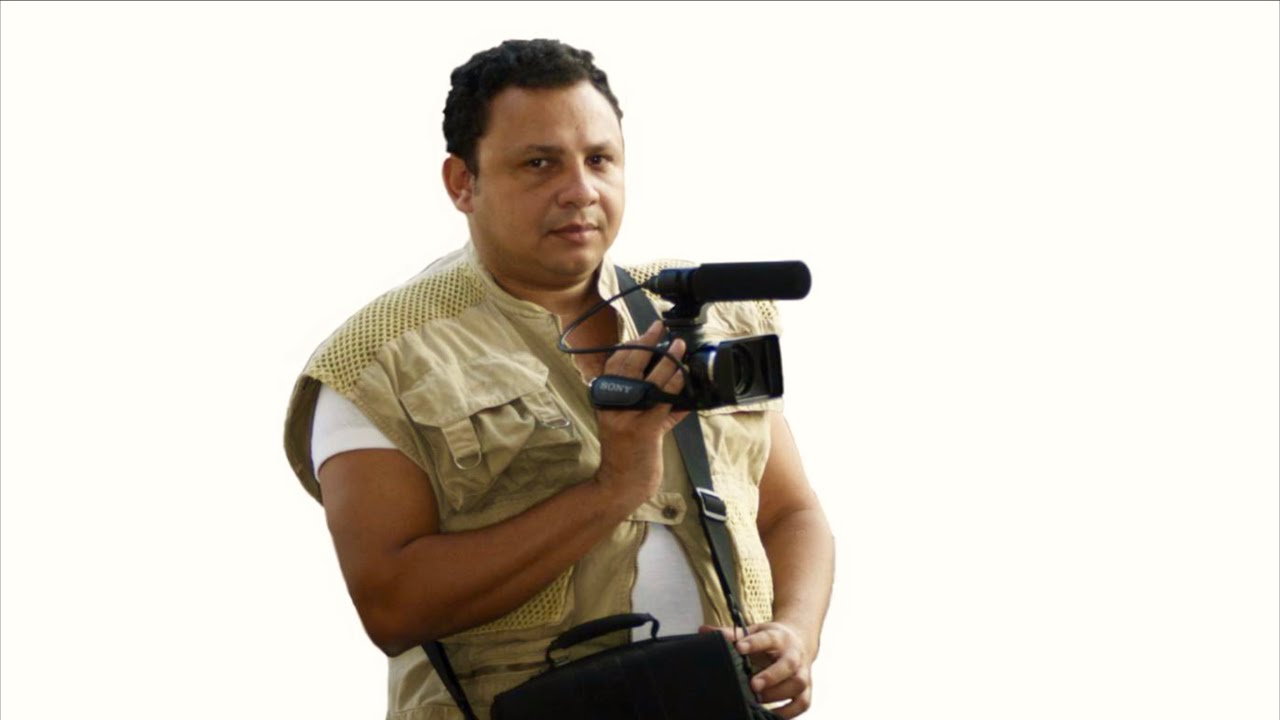






















comments